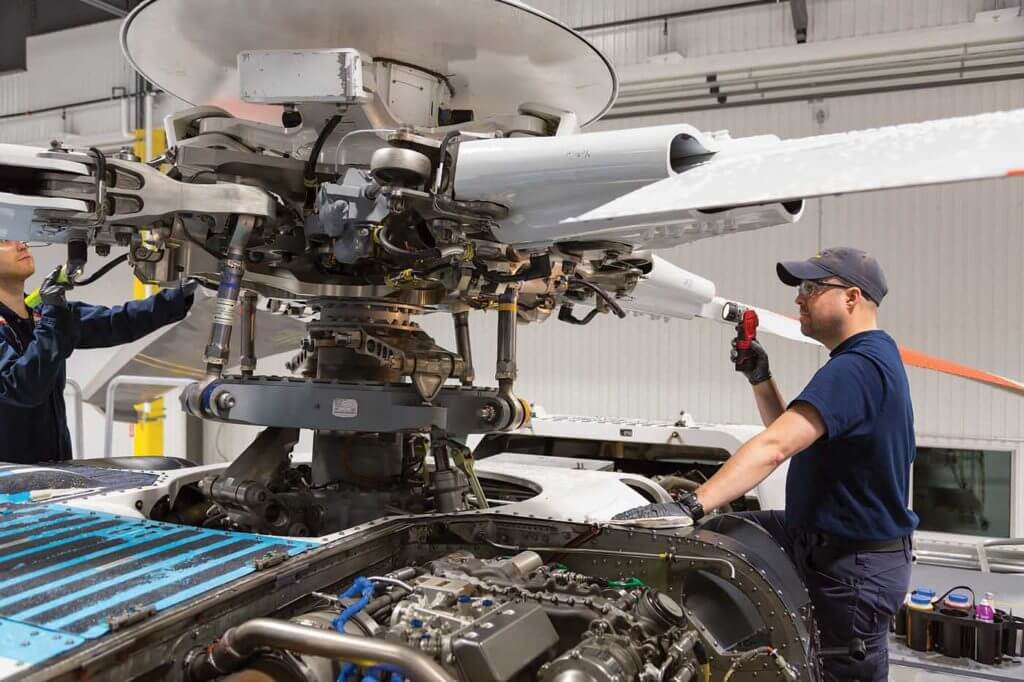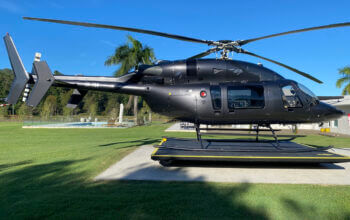New research from Massey University’s Sleep/Wake Research Centre suggests more can be done to minimize the risk of fatigue-related errors in aircraft maintenance staff, including better education for employees.

The study, recently published in Aerospace Medicine and Human Performance, aimed to identify factors associated with an increased likelihood of an aircraft maintenance engineer reporting a fatigue-related error.
Lead author associate professor Leigh Signal says shiftworkers, particularly those who work overnight, are working through the least functional part of the circadian cycle, and sleeping at less than optimal times.
“Alarmingly, the majority of respondents – almost 70 percent – reported they had never had any education on personal strategies for coping with the effects of shift work,” Signal said.
Implementing education would be beneficial, particularly around the personal risks associated with a reduced amount of sleep, she said. “Managing fatigue risk in any work context is a responsibility shared by the employer and employee, as fatigue is affected not only by the timing, duration and arrangement of work, but also by an individual’s choices and activities outside of work.
“Not surprisingly, unexpected roster changes are related to an increased likelihood of making an error, as such changes can impinge upon planned activities outside of work, including sleep opportunities.
“Our findings indicate the importance of stable and predictable work patterns to minimize the risk of fatigue-related errors in this safety critical environment, and also the need for education on coping with shift work to ensure the workforce are best placed to manage their sleep away from work.”
Signal said fatigue can accumulate to higher levels by the end of an extended work period, particularly if the workload is high and opportunities for breaks are limited.
Most of the 966 people who took part in the study obtained seven hours of sleep in a 24-hour period. Nearly half (45 percent) reported that in the previous 12 months they had felt close to falling asleep while driving home from work.
“Twenty-two percent of those surveyed agreed or strongly agreed with the statement, ‘During the last month, I have made an error in my work due to tiredness.’ Nearly half of respondents said they often or always worked longer than their rostered shift, and around 18 percent reported often or always getting called back to work on a scheduled day off.”
Personal and Work Factors that Predict Fatigue-Related Errors in Aircraft Maintenance Engineering, was co-authored by Signal and Dr. Margo van den Berg from the Sleep/Wake Research Centre, and Hannah Mulrine, formerly from the Sleep/Wake Research Centre.









